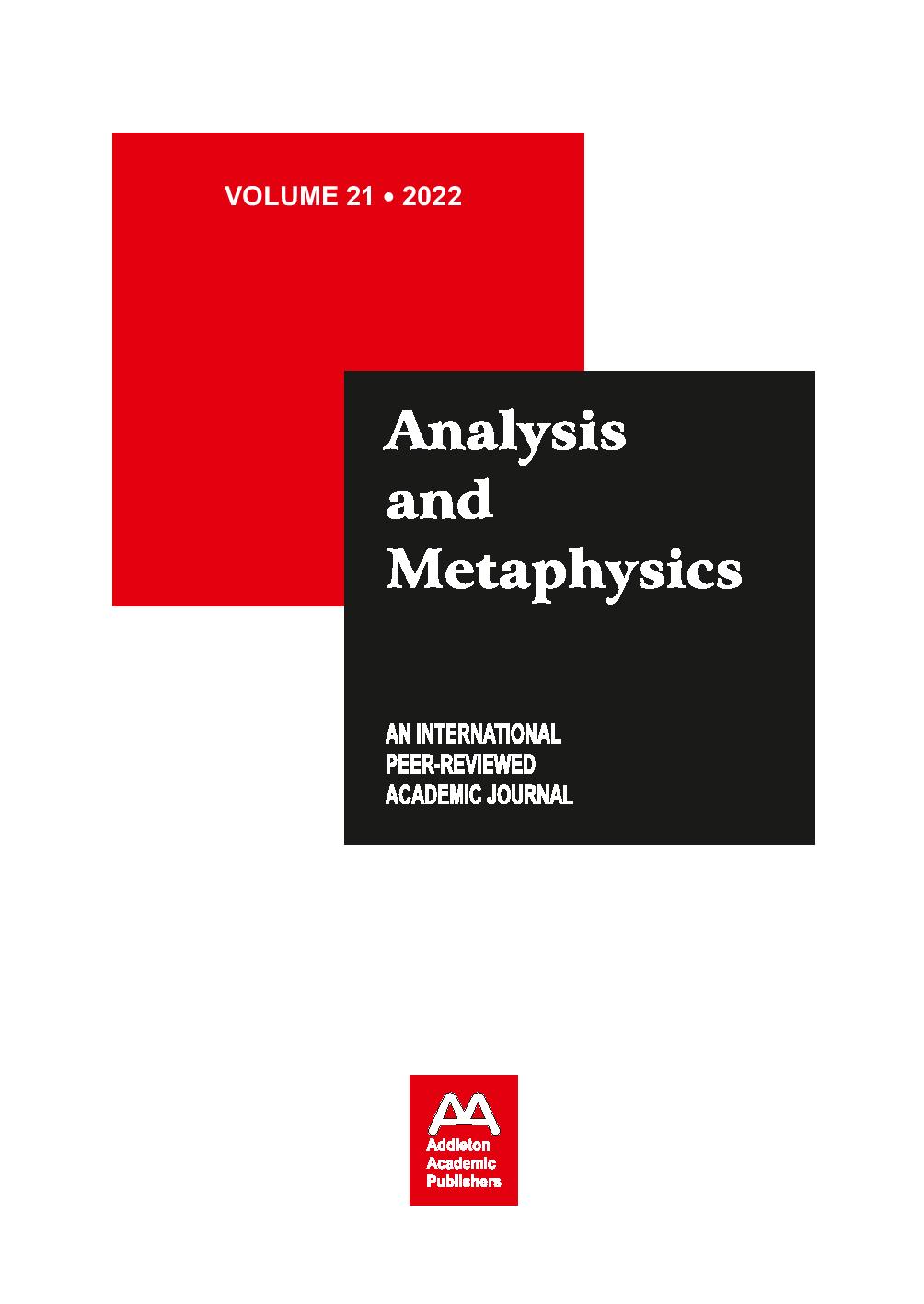Deep Learning-based Ambient Sound Processing and Visual Imagery Tools, Spatial Computing and Immersive Technologies, and Decision and Control Algorithms in the Metaverse Interactive Environment
Deep Learning-based Ambient Sound Processing and Visual Imagery Tools, Spatial Computing and Immersive Technologies, and Decision and Control Algorithms in the Metaverse Interactive Environment
Author(s): Brian CareySubject(s): Management and complex organizations
Published by: Addleton Academic Publishers
Keywords: deep learning; ambient sound processing; visual imagery; spatial computing; immersive technologies; metaverse
Summary/Abstract: The purpose of this study is to examine metaverse assets and services developing on customer traffic analytics, smart environment modeling and autonomous visual object detection tools, and voice recognition software. In this article, I cumulate previous research findings indicating that data sharing and immersive technologies, context awareness tools, and path planning algorithms are pivotal in metaverse live shopping across virtual retail stores. I contribute to the literature on livestream shopping events in the metaverse interactive environment by showing that computational intelligence tools and captured image data enable technology-enabled logistics optimization in the virtual retail market. Throughout June 2022, I performed a quantitative literature review of the Web of Science, Scopus, and ProQuest databases, with search terms including “metaverse” + “deep learning-based ambient sound processing and visual imagery tools,” “spatial computing and immersive technologies,” and “decision and control algorithms.” As I inspected research published in 2022, only 148 articles satisfied the eligibility criteria. By removing controversial findings, outcomes unsubstantiated by replication, too imprecise material, or having similar titles, I decided upon 27, generally empirical, sources. Data visualization tools: Dimensions (bibliometric mapping) and VOSviewer (layout algorithms). Reporting quality assessment tool: PRISMA. Methodological quality assessment tools include: AXIS, Dedoose, MMAT, and SRDR.
Journal: Analysis and Metaphysics
- Issue Year: 2022
- Issue No: 21
- Page Range: 108-124
- Page Count: 17
- Language: English
- Content File-PDF

